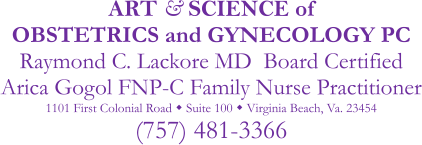Mastitis – Infection of The Breast
MASTITIS: Is a common breastfeeding condition that originates from bacteria in the infants mouth.
DON’T STOP: Empty breasts regularly/adequately helps. It is very important to continue breastfeeding – starting on the affected side. If you stop breastfeeding with an ongoing infection it worsens the condition and abscess risk
DRINK WATER: 8 or more glasses of clear liquid/water each day.
COMFORT STRATEGIES: Apply moist heat – speeds up milk letdown, eases soreness. Apply cool packs – to decrease swelling (alternate with moist heat). Use Acetaminophen or Ibuprofen to reduce fever and discomfort.
AVOID: breast shells and tight-fitting bras
USE: Lanolin creams may be used to treat nipples
GENTLY MASSAGE: to increase milk drainage from infected area
CONSIDER BREAST PUMP: If you cannot nurse due to pain – gently try a breast pump
FLOAT IN WATER: Express milk lying in tub of warm water with breast floating comfortably
REVIEW YOUR TECHNIQUE: Make sure your baby does not pull excessively on your nipple. Consider a lactation consultant to evaluate your nursing technique.
THE MILK IS SAFE: Your milk is safe for infant but has increased sodium, infant may reject it
START ANTIBIOTICS: For best response start antibiotics within 24 hours of infection onset. CALL US. Antibiotics may be prescribed for 10-14 days. Expect response within 48 hours of antibiotics or notify the physician. Please finish all antibiotics.
- Dicloxacillin 500 mg 4x/day for 10-14 days.
- Keflex 500 mg 4x/day for 10-14 days.
- Clindamycin 300mg 4x/day for 10-14 days. (If Penicillin allergic)
- Septra DS 1 tab twice a day for 10-14 days (If resistant to other antibiotics)
FOR BEST RESPONSE: use BOTH regular emptying and antibiotics
RECURRENCES ARE COMMON:
BREAST ABSCESS: If breast abscess occurs, you must stop breast-feeding. We will consider changing antibiotics, a fully developed abscess must be drained (opened with a scalpel) to help with cure (numbing medicine is used).
FOLLOWUP APPOINTMENT: Schedule follow-up in 7 days to be checked for an abscess.
WARNING SIGNS: Call us for worsening fever/chills, worsening redness or breast hardening

